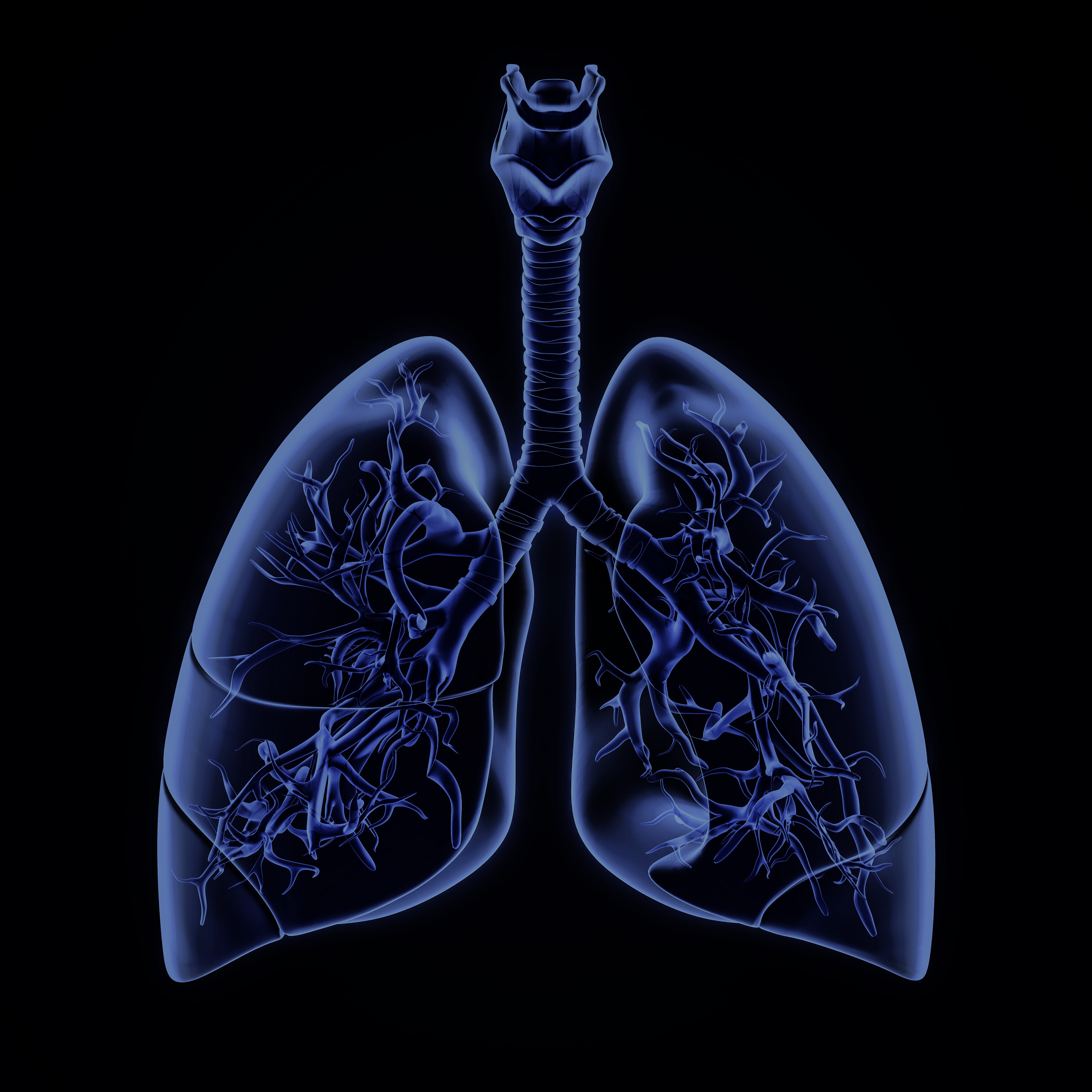Pulmonology

Pulmonology is a medical subspecialty that concentrates on the diagnosis and treatment of respiratory system diseases, particularly those affecting the lungs. A broad range of illnesses and conditions are covered by this field, including ARDS (acute respiratory distress syndrome), asthma, COPD (chronic obstructive pulmonary disease), cystic fibrosis, interstitial lung disease, lung cancer, lung transplants, occupational lung disease, pulmonary hypertension, pulmonary tuberculosis, sarcoidosis of the lungs, and SARS (severe acute respiratory syndrome).
Pulmonologists are experts in diagnosing and treating various disorders of the lung parenchyma, pleura, and airways, as well as pulmonary vascular disease and its impact on the cardiovascular system. They also have experience in detecting and preventing occupational and environmental causes of lung disease. Pulmonary specialists are commonly involved in the assessment and treatment of asthma, COPD, emphysema, lung cancer, interstitial and occupational lung diseases, complex lung and pleural infections, including tuberculosis, pulmonary hypertension, and cystic fibrosis.
Furthermore, some pulmonologists specialize in sleep-disordered breathing such as sleep apnea, and they may provide diagnostic and therapeutic services in sleep laboratories.

